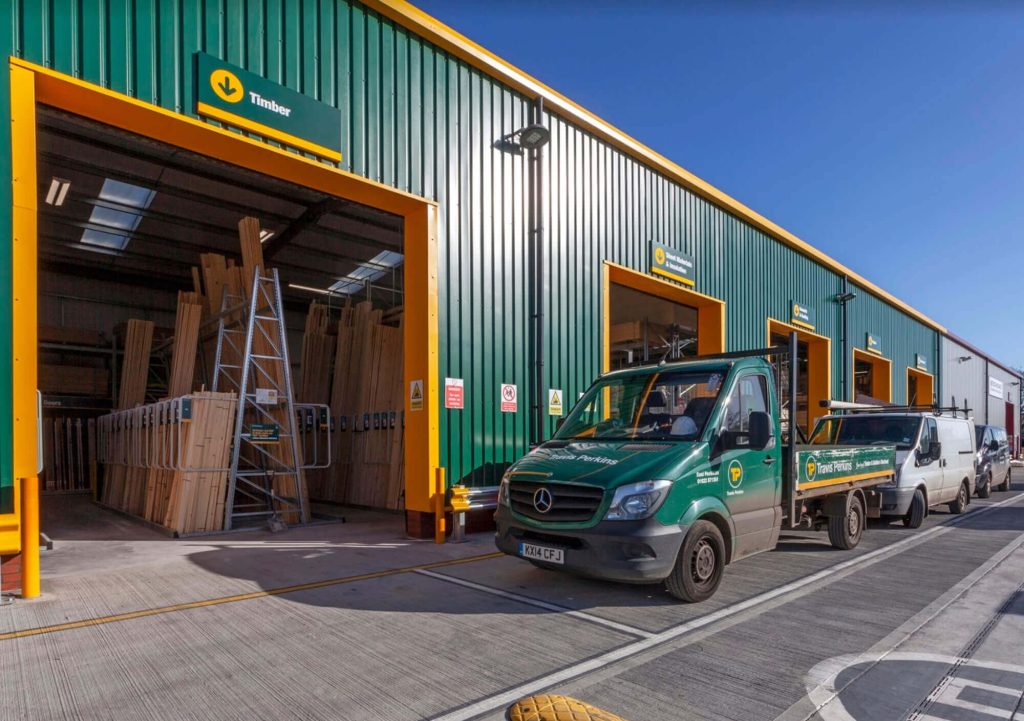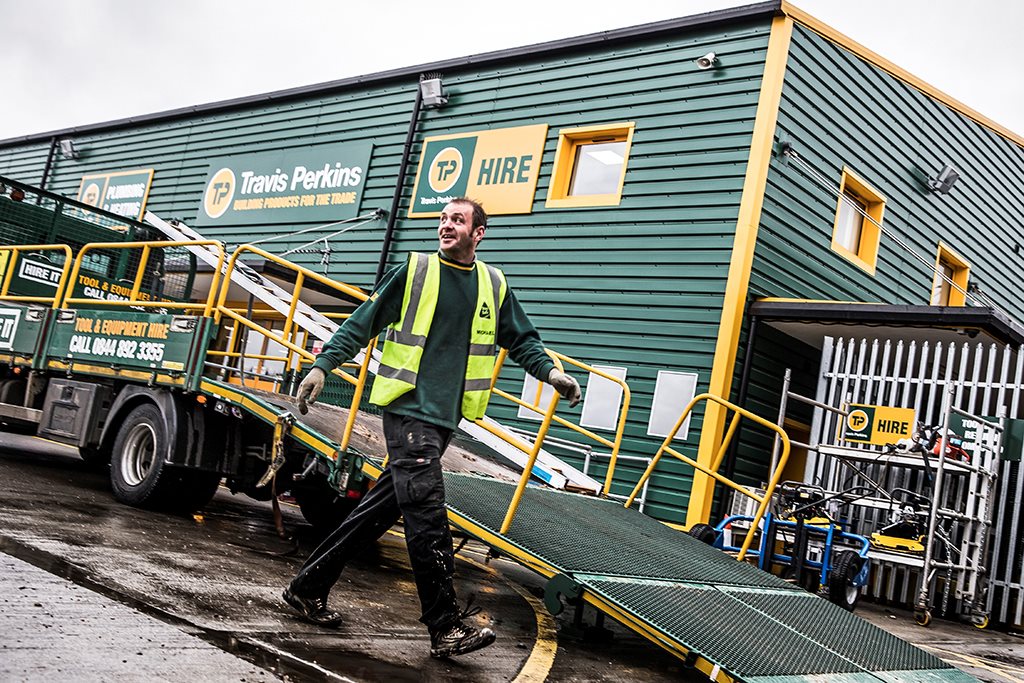Travis Perkins: A Leading Force in the Building and Construction Industry

Travis Perkins, a name synonymous with the building and construction industry, has been a driving force behind the UK’s construction projects for decades. Founded in 1797, the company has evolved from a single timber yard in Northamptonshire to a nationwide network of businesses catering to the diverse needs of the construction sector. In this article, we’ll explore the rich history, the core businesses, sustainability efforts, and future prospects of Travis Perkins.
Travis Perkins’ journey began over two centuries ago when the company’s founder, Benjamin Ingram, established a timber business in Northamptonshire, England. Over the years, the company expanded its product offerings and geographical reach, becoming a prominent name in the construction and building materials industry. Travis Perkins went public in 1986, further accelerating its growth and acquisitions.

Travis Perkins operates a diverse portfolio of businesses that collectively serve the construction industry. Some of its core businesses include:
- Travis Perkins Builders’ Merchants: This is the flagship business of the company, offering a wide range of building materials, tools, and supplies to both trade professionals and DIY enthusiasts. With over 600 branches nationwide, it’s a go-to destination for anyone involved in construction projects.
- Toolstation: Acquired by Travis Perkins in 2015, Toolstation is a leading supplier of tools, accessories, and building supplies with a focus on convenience. Its online and physical stores cater to tradespeople and home improvers.
- Wickes: Wickes is a well-known brand for home improvement and DIY products. Travis Perkins demerged Wickes as a separate entity in 2020, allowing both companies to focus on their respective markets.
- Travis Perkins Managed Services: This division specializes in providing supply chain and procurement solutions for larger construction projects, offering efficiency and cost savings to clients.
In recent years, Travis Perkins has demonstrated a strong commitment to sustainability and environmental responsibility. The company acknowledges the construction industry’s significant impact on the environment and aims to minimize its carbon footprint. Some of its sustainability initiatives include:
- Carbon Reduction: Travis Perkins has set ambitious targets to reduce its carbon emissions, including a commitment to becoming net-zero carbon by 2050. This involves measures such as improving energy efficiency, transitioning to low-carbon technologies, and sustainable sourcing of materials.
- Waste Reduction: The company actively promotes waste reduction and recycling across its operations. It aims to minimize waste sent to landfills and encourages responsible disposal practices among its customers.
- Sustainable Product Sourcing: Travis Perkins works with suppliers to source sustainable and responsibly harvested materials, such as timber from certified forests. This helps ensure that their products align with environmental and ethical standards.
- Green Building Solutions: Travis Perkins offers a range of eco-friendly building products and solutions to help customers reduce their environmental impact while constructing or renovating buildings.

As the construction industry continues to evolve, Travis Perkins is well-positioned to adapt and thrive. The company’s commitment to sustainability, combined with its extensive network and diverse business portfolio, provides a strong foundation for future growth. Additionally, Travis Perkins is likely to benefit from the ongoing demand for housing, infrastructure development, and home improvement projects in the UK.
Travis Perkins’ journey from a small timber yard to a leading player in the construction and building materials industry is a testament to its enduring commitment to quality and customer service. With a focus on sustainability and a diverse range of businesses, Travis Perkins is poised to remain a key player in the UK construction sector for years to come, contributing to the growth and development of the industry while also embracing responsible business practices.















